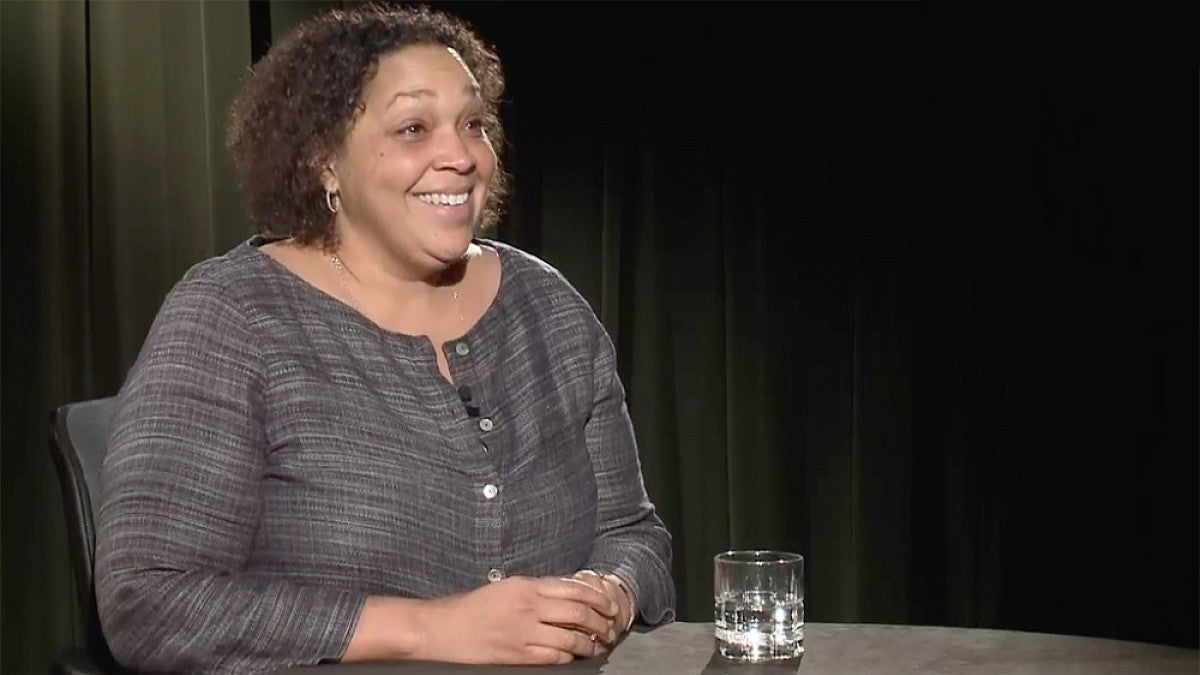Many tourists who explore the green fields and woodsy paths of Central Park don’t realize they’re walking on the former location of Seneca Village: a thriving community formed by recently emancipated black people in the 1820s. The villagers were forcibly evicted in the 1850s, with homes, schools and churches destroyed to make way for the park.
UO Today’s newest guest, Leslie Alexander, wrote about the village in her book “African or American?: Black Identity and Political Activism in New York City, 1784–1861.”
“It’s actually an intentional conspiracy on the part of politicians to remove this very thriving and viable black settlement because they could’ve put the park somewhere else,” she said. “They were invested in wanting to remove this image of what black freedom could look like in this particular period.”
Alexander, a UO associate professor of history, discussed the challenges emancipated African-Americans faced in antebellum New York. One thing she likes to emphasize to her students is that slavery lasted in the North for only a few decades less than it did in the South.
“You can’t legislate people’s hearts and minds,” she said. “The state of New York was passing emancipation laws, but how the average person on the street felt about whether they wanted to have black people living alongside them as full and equal citizens was not so clearly decided.”
The weight of racism is often placed heaviest on the South, but black people in New York during the antebellum period faced tremendous amounts of racial hostility. In addition to segregation and extreme poverty due to underemployment, white mob violence was rampant.
“There’s really a pretty intense debate that takes place over really the bulk of the antebellum period over, ‘Are we going to stay in the United States or not? Can we actually ever achieve full equality in this country, and if not, what other nations might be willing to take us?’” Alexander said.
Thousands of recently liberated black people chose to leave the U.S. Some 13,000 emigrated to Haiti, an independent republic formed as the result of a successful slave rebellion.
Alexander also talked about the New York African Society and the willingness of former slaves to display their African heritage.
For the full interview, go to the UO Today channel.
“UO Today” is a weekly half-hour interview program hosted by Paul Peppis, a UO English professor and director of the Oregon Humanities Center. Each episode features a conversation with UO faculty and administrators, visiting scholars, authors or artists.
It is produced by the Oregon Humanities Center in collaboration with UO Libraries’ Center for Media and Educational Technology. An archive of past interviews is available on the Oregon Humanities Center’s website or on their YouTube channel.
—By Sarah Eddy, University Communications


